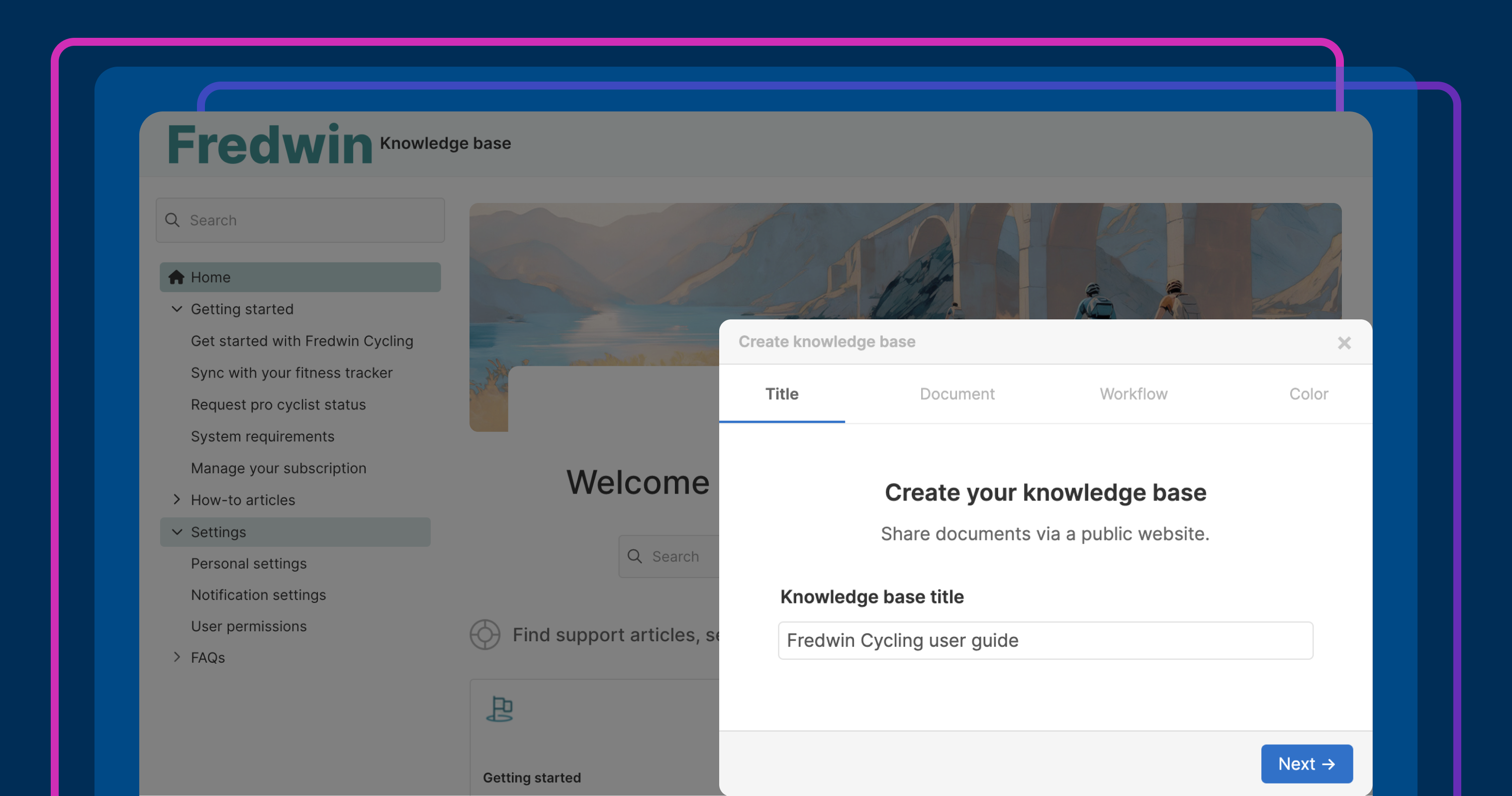The Best Internet Browsers for Protecting Your Privacy (and the Worst One)
We asked two privacy experts which browsers to use when it matters most. Here's what they said.

Web browsers collect a lot of data and share it with the sites we visit, so if you're concerned about your privacy, it's worth wondering which browsers are best for keeping our online habits to ourselves. Whether you're an activist concerned about surveillance, someone doing research in a country where your topic can get you in trouble, or simply a person who doesn't want spying eyes on their search history, using a more private browser can be one of the simplest steps you can take towards less worry. I spoke to William Budington, a Senior Staff Technologist on The Electronic Frontier Foundation's (EFF) Public Interest Team, and Janet Vertesi, an Associate Professor of Sociology at Princeton University who publishes extensive work on human-computer interaction and online privacy. They had subtly different opinions on which browsers are best for your privacy, but they definitively agreed on one thing: It's not Chrome.
"There is no perfect choice here in the array of browsers that protect your privacy, but certainly Chrome is not one of them," Budington says.
Vertesi agrees: "If you're on Chrome, you have to get off Chrome."
It shouldn't be surprising that the most private browser is not the one made by a company that generates the majority of its revenue by collecting data. But which browsers are more private?
Tor is the ultimate private browser, but it comes with trade-offs

Tor is built with privacy in mind. The browser disables all cookies, masks fingerprinting, and routes all traffic through at least three different nodes. That level of privacy is unparalleled, but it comes at a price: a lot of websites simply don't work.
"Because it's aimed to be ephemeral, not leaving traces, and turning off cookies by default, it's going to be the gold standard when it comes to privacy and anonymity," Budington says, "but there's a tradeoff in usability." The problem, according to Budington, is that Tor's privacy means it's a common tool for distributed denial of service (DDoS) attacks, which in turn means many services block it.
"Tor is probably the safest in that it's totally untraceable, but it's not usable for everything," Vertesi says. "You can't use Tor exclusively."
Both experts recommended using Tor for those moments when you really want to make sure no one is watching.
"If you're someone who wants to look up a medical condition, use Tor because it won't leak your browsing," Budington adds. "You might want to use Tor browser in those specific situations, but there are browsers that do a pretty good job at protecting your privacy but will be much more usable."
Brave is a good option for private browsing but also comes with caveats

Brave is a Chromium-based browser made for privacy. It offers built-in ad and tracking blocking, fingerprint randomizing, and various other privacy features. Both experts acknowledged the various controversies about the company but still feel it's a solid out-of-the-box option for private browsing.
"It's clear that they are taking reasonable and good steps in order to protect users' privacy," according to Budington. He particularly emphasized the length Brave goes in order to randomize your browser's fingerprint, which can protect against canvas fingerprinting in which sites render an unnecessary vector image to detect subtle differences in hardware configuration. The other browsers on this list don't do that, which might be worth keeping in mind.
Brave is also built on the Chromium code base, meaning sites that break on Firefox and Tor generally open without problems. "Brave is an option if you need a Chrome compliant thing around," according to Vertesi.
Firefox is still great with the right extensions

You already know about Firefox—once among the most popular browsers on the planet—and it's still a solid option for security conscious users if you don't mind a bit of setting up.
"With the right add-ons installed, Firefox can be just as private as Brave," Budington says, recommending EFF's own Privacy Badger alongside the ad-blocker uBlock Origin. "There's no reason not to use these in combination," he adds, mentioning there are also add-ons for randomizing fingerprinting.
And there's more to discover if you dig around. "The thing I like about Firefox is you can really lock it down in the settings," Vertesi says. She emphasized the fact that Firefox is built by a nonprofit instead of a commercial entity. "Their job is not to satisfy investors," she notes. "That's important, because it means that you're not the product." Both experts acknowledged that, like Brave, Firefox has its share of recent controversies that are worth keeping in mind, but they still recommend the browser.
Why you should use different browsers for different uses
Vertesi emphasized that a core part of her privacy strategy is to use multiple browsers. "Don't just choose one best browser, use many," she said. "It's a way of cordoning off different parts of your life, so your browser doesn't know about other accounts." Vertesi, for example, generally has a single browser for occasionally browsing Facebook products and nothing else—that way Facebook can't track her other browsing. She said there are many good options out there including Opera, Vivaldi, DuckDuckGo Browser, and even Apple's Safari, which has a few privacy-specific features. Budington mentioned that because Apple devices are all so close in terms of hardware configuration, Safari has incidental fingerprint protection.
Ultimately, privacy isn't something we can get by installing a particular browser—it's more of a mindset, and it includes strategies that come with compromises to our convenience. Tor, Brave, and Firefox all strike a different balance in privacy and usability—along with smaller options like Opera, Vivaldi, and DuckDuckGo Browser. The right one will depend on how you're balancing those factors at any given time.
But, again, if you care about your privacy, a good place to start is simply not using Chrome. "If you have an amazing VPN but you're doing everything in Chrome...why bother?" Vertesi says.






























































































![Building A Digital PR Strategy: 10 Essential Steps for Beginners [With Examples]](https://buzzsumo.com/wp-content/uploads/2023/09/Building-A-Digital-PR-Strategy-10-Essential-Steps-for-Beginners-With-Examples-bblog-masthead.jpg)



![How One Brand Solved the Marketing Attribution Puzzle [Video]](https://contentmarketinginstitute.com/wp-content/uploads/2025/03/marketing-attribution-model-600x338.png?#)






![How to Use GA4 to Track Social Media Traffic: 6 Questions, Answers and Insights [VIDEO]](https://www.orbitmedia.com/wp-content/uploads/2023/06/ab-testing.png)








![[Hybrid] Graphic Designer in Malaysia](https://a5.behance.net/920d3ca46151f30e69b60159b53d15e34fb20338/img/site/generic-share.png)






















